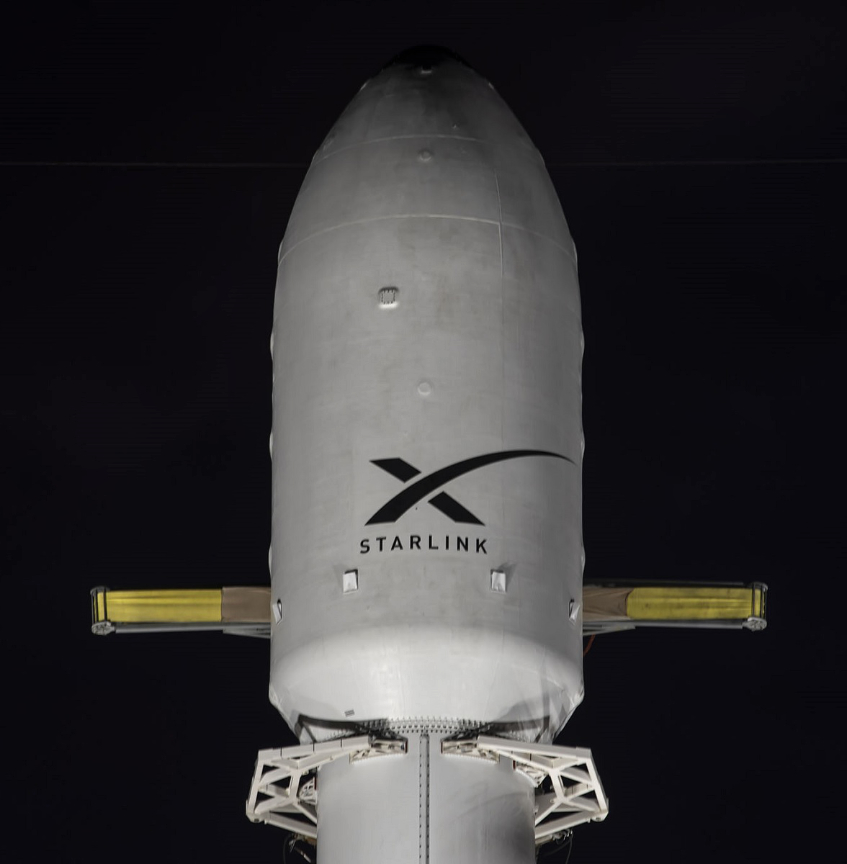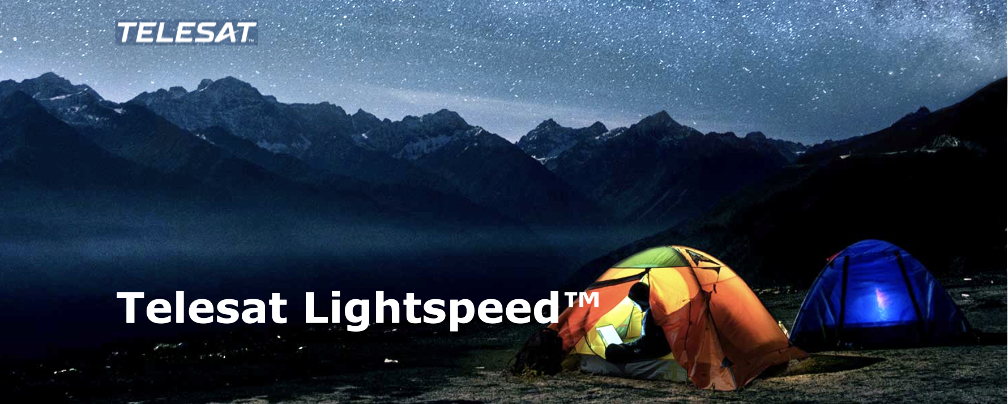
OneWeb Satellite Construction Could Remain In Florida
When the UK made its $500 million investment in the – then bankrupt – OneWeb satellite constellation, much was made of the prospects for production of the actual satellites, with UK officials talking optimistically about satellites being built in the UK.
Alok Sharma, then business secretary in the UK government, spoke at the time of the prospects for OneWeb boosting the UK’s existing satellite production and output. OneWeb itself also confirmed at the time a wish to see satellites being built in the UK. Chris McLaughlin, OneWeb’s head of government affairs, said he could see output being transferred by 2024 or 2025.
However, Bharti Enterprises and its chairman, Sunil Mittal, which owns 40 percent of OneWeb, said that it is happy to “nudge” whoever wins the contract for OneWeb’s second-generation satellites toward the UK but “there’s a lot of things that’ll depend on it.” He added that pricing would be key, reports the FT.
OneWeb’s satellites are currently being built in Florida, where Airbus and OneWeb have a production joint-venture.
LEO Potentials Realized With Starlinks New SATCOM Ukraine Services

Elon Musk’s SpaceX has initiated Starlink satellite broadband service in war-hit Ukraine. The latest development highlights the significance and future potential of LEOs across key applications, stated GlobalData, a data and analytics company.
Reportedly, Starlink terminals receive Internet from SpaceX’s 2,000 satellites to allow users to get online even if their service has been disconnected.

GlobalData’s FutureTech Series report reveals that the growing deployment of a large group of LEOs, often dubbed LEO mega constellations, could herald the next era of connectivity, with their potential to address the gaps in internet adoption and infrastructure access in remote areas that are not served by terrestrial and traditional satellite networks.
Kiran Raj, Principal Disruptive Tech Analyst at GlobalData, said, “An unprecedented level of VC funding is flowing into the space economy. LEOs’ low latency compared to geostationary orbit (GEO) and middle earth orbit (MEO) satellites can play a crucial role in applications that require real time data access such as voice over internet protocol (VoIP), surveillance and imaging, telemedicine, and remote-controlled machines. LEOs can backup telcos to optimize their existing backhaul network for the transmission of large volumes of different types of data in compliance with 4G and 5G. In this regard, both terrestrial and LEO- based backhaul connectivity can be selected to manage the traffic demand. LEO backhaul can also provide additional backup during massive events such as concerts and sports. During emergency response situations, LEOs service providers can launch satellite broadband services in victimized areas to offer continuous connectivity.”
Although no new major commercialization initiatives have been observed in the short-term, LEOs are touted to play a key role in connecting millions of IoT-backed devices and sensors, managing the boom in Internet users, and minimizing the digital divide to strengthen community resilience.
At present, LEO projects, such as Amazon’s Kuiper, SpaceX’s Starlink and OneWeb, are aiming to bridge the digital divide and offer Internet services with low latency and high-speed broadband connectivity to remote and unserved communities globally.
Raj concluded, “Coupled with machine learning, edge computing, and artificial intelligence, LEOs can promote enterprise digital transformation. With greater adoption of remote work models, LEOs will become critical to offering lightning speed broadband services, tracking of assets, securing data, and strengthening the network infrastructure of organizations. With the advantage of near-earth location and lower orbital periods, LEOs can strengthen community and business resilience, and unlock new possibilities for latency-critical applications.”
Planning Permission Received For Scottish Spaceport

A planned spaceport in Unst, Shetland, in the far North of the UK, has received planning permission to go ahead.
Shetland Islands Council says work to prepare the Saxavord Spaceport can proceed, provided Scottish ministers don’t call the project in for further review. Three rocket pads would be built at the Lamba Ness peninsula in Unst, Shetland.
The plan is that the first launch of what’s likely to be a meteorological satellite could occur before the year’s end. However, both Saxavord itself and the rocket company expected to send up the spacecraft will first need a license from the UK’s Civil Aviation Authority.
Saxavord Spaceport CEO Frank Strang described the planning approval as a “huge tipping point in our evolution. This is such a big day for us. We’ve been on this journey for five years. We’ve had to overcome all sorts of obstacles, and I take great pride in this team. Until we got that planning permission, nobody was really going to take us seriously and we can now really charge on,” he told BBC News.
Telesat Moves To Increase Focus On Africa

Ottawa-based satellite operator Telesat, which is planning an LEO constellation called Lightspeed, has said the company has signed with Liquid Intelligent Technologies for a strategic cooperation agreement for Telesat’s Lightspeed services in Africa.

Liquid Intelligent Technologies is part of Cassava Technologies, a pan-African fiber network group.
As part of the agreement, the companies will closely collaborate on the commercial and technical aspects of integrating the Telesat Lightspeed enterprise-grade, high-throughput, low-latency satellite network with Liquid’s global value-added services network. This integration can enable the expansion of Liquid’s enterprise portfolio offerings, including next-generation cloud services, managed security services, business Wi-Fi and data center connectivity.
At the same time, Telesat will explore combining Liquid’s landing stations, Points of Presences (PoPs), site hosting, management services, and fibre network as part of its global terrestrial infrastructure that seamlessly integrates with the Telesat Lightspeed satellite network.
“Liquid’s terrestrial infrastructure in Africa is second to none, from the largest fiber network spanning over 100,000 kms to state-of-the-art teleports and access to diverse points-of-presence within the continent,” said Glenn Katz, Telesat’s CCO. “We’re eager to explore the synergies between both of our company’s offerings, with confidence that we will establish a ‘win-win’ for our organizations and the future of connectivity for Africa.”
“Telesat Lightspeed will be the world’s most advanced LEO network, delivering the enterprise-grade, fibre-like connectivity that Africa’s massively underserved market needs,” said Scott Mumford, Liquid Satellite Services CEO. “Integrating ubiquitous, multi-gigabit per second links with guaranteed SLA’s from Telesat Lightspeed will enable Liquid to expand their award-winning services via an untethered network in the sky, and deliver expanded service offerings to our customers not possible through the current satellite-based offerings.”
This is good news for Telesat, but the company – despite planning for Lightspeed’s 298 satellites – has yet to confirm launch dates for the Lightspeed fleet. Thales Alenia is building the satellites.
Eutelsat could switch off Russia transponders
Eutelsat executives say they have about 6 percent of group revenues exposed to Russian activity. The bulk of this comes from distribution deals on Russian pay-TV systems operated by Tricolor and NTV+.
A report from analysts at investment bank Exane/BNPP forecasts a scenario – unconfirmed by the company – where the French government requests (or Eutelsat offers) to switch off transponders for Russia on its Eutelsat 36B satellite thereby blacking out dozens of millions of TV sets.
“We believe such a move could improve Eutelsat’s position on the EU-backed constellation project,” said the bank’s note.
The EU constellation is a proposed LEO satellite system now being researched and specified by the EU.
“[Eutelsat] management sees the EU-backed government constellation project as an attractive opportunity but believes many uncertainties remain and sees related benefits taking time to materialize. In particular, Eutelsat is working to have OneWeb 2nd-generation satellites meets EU eligibility criteria,” added the bank.
It also emerged that Eutelsat is not contractually obliged to participate in the funding of OneWeb’s 2nd-generation craft but considers all its options, including ownership dilution of its stake in OneWeb, or the opposite which would see it increase its stake.

